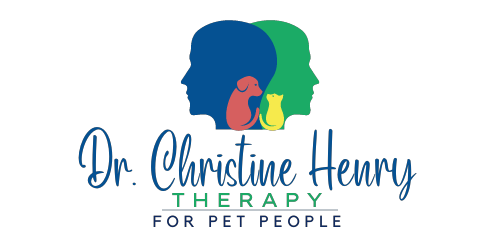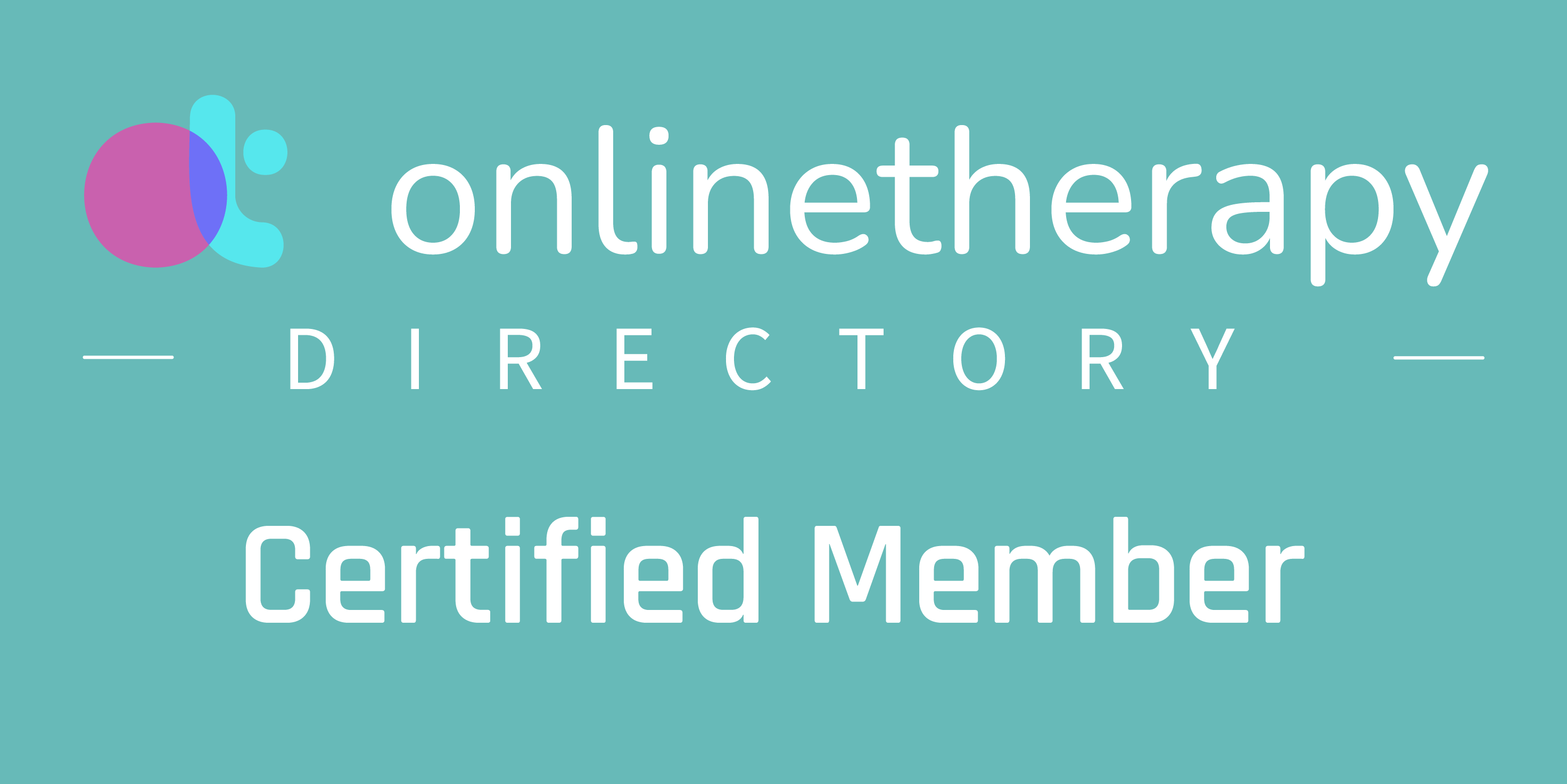
Religious Trauma Therapy
You may tell yourself, "I don't dwell on the past; I simply navigate through my day and focus on moving forward."
However, deep down, you know this isn't true.
Ever experience those days when your computer or phone is glitching or running slow, and you can’t figure out why? Then, all of a sudden, you realize there are numerous apps running in the background causing these issues.
This is what religious trauma is like. Your past experiences are impacting you more than you realize.
You don't have to settle for living life in slow motion and discomfort.
With therapy, we can focus on installing a new operating system that will overwrite the old one. This can make the whole system run more smoothly and efficiently.
Schedule a free 20-minute video consultation with me to see how I can help. Fill out a contact form, and I'll email you to set it up. (no phone call required)

Religious Trauma Symptoms
Feeling lost, you don't know who you are or what you want in life anymore.
Even though you logically understand it's not true, you still feel that the negative things happening to you are a result of your decision to leave your religious community.
A constant feeling of not being good enough, always grappling with feelings of guilt and shame, sometimes without understanding why.
A sense that you no longer belong with friends and family. It's tough to feel alone and isolated, especially when you once had a strong sense of community.
Having the freedom to make your own choices is empowering, but sometimes that sense of freedom can be overwhelming.
What would therapy look like?
We'll move at your pace. You won't be pressured to discuss anything that feels too uncomfortable.
We will dedicate time and effort to cultivate trust, acknowledging that past experiences may have caused you to feel hurt or betrayed by authority figures.
Together, we will explore and reconstruct your identity outside of the religious context to discover YOUR values and your goals in life.
You'll discover and understand your own needs and learn how to communicate them to others. This involves establishing boundaries and learning to say no, even though it might initially feel uncomfortable.
Over time, you can build a new support system. You will be able to connect with individuals who appreciate your authentic self and accept you for who you truly are.
You can attain a sense of peace, tranquility, and happiness in your life. I know reading this sentence might cause discomfort.
With a therapist by your side as you navigate through this, progress, safety, and freedom are possible.
Ready to get started?
Schedule a free 20-minute video consultation with me. Fill out a contact form, and I'll email you to set it up—no phone call required.
Be sure to check the location section to see if I am authorized to do virtual therapy in your state
Get comfortable in a cozy spot, wrap yourself in a warm blanket, cuddle up with a pet if you have one, and let's dive in.
Frequently Asked Questions
-
Most importantly, I maintain a profound respect for the diverse belief systems that clients bring to therapy. I refrain from advocating for or against any particular perspective. Consequently, I am welcoming to individuals who identify as agnostic or atheist.
With that said, I was raised in an organized religion, but as time passed, it no longer fits with my beliefs. I identify as a spiritual person, and I've discovered that the philosophies of Unitarian Universalists and Buddhism closely resonate with my current belief system.
-
Yes, it is absolutely okay to question your faith. Questioning and exploring one's beliefs is a natural part of personal and spiritual growth. It can lead to a deeper understanding of your values, beliefs, and the reasons behind them.
-
Absolutely! We can examine which aspects, if any, of your previous belief system you'd like to carry forward as you strive to create new ones.
However, it's perfectly fine if you're not in that place right now. You don't have to feel pressured to figure things out immediately.
-
Certainly, anger is a common emotion that individuals may encounter while navigating religious trauma. Usually there is guilt for feeling anger. You will not be judged for having these thoughts and feelings.
-
In therapy, individuals of all belief systems, including those who identify as agnostic or atheist, are welcomed. I refrain from advocating for or against any particular beliefs.
-
While research indicates that weekly therapy sessions are optimal, I acknowledge that individuals coping with religious trauma may benefit from additional time between sessions to thoroughly process information. Consequently, having therapy every other week may be a suitable. It's essential to note, however, that monthly therapy has been found to be less effective in addressing the complexities of religious trauma.
-
I actively participate in our conversations and may offer suggestions on where to begin. However, it's important to note that you will take the lead in determining the topics we explore. If you prefer a therapist with a more structured framework, I may not be the ideal therapist for you.
Not Ready to Make An Appointment?
Trusting someone and starting therapy can feel overwhelming.
It's okay to take the time to contemplate this decision.
In the meantime, you can start your exploration by delving into more details about religious trauma. Simply click the button below to discover valuable information on this subject.
This page has links to online articles, podcasts, and online support groups. Reading this information can help you see that you are not alone and you are not crazy for having the struggles that you do.
When you are ready to talk with someone feel free to circle back around and I would be glad to help.






